

After the talkSTEM screening and panel discussion of the documentary film, Most Likely To Succeed, in Dallas this past August, one of the key points emerging in audience questions was an excellent one. How do we get more teachers like the ones we saw in the film? I reached out to High Tech High School and Scott Swaaley, the fabulous STEAMM (Science, Technology, Engineering, Arts, Math and Manufacturing) teacher we meet in the film, was nice enough to respond. Scott is passionate, energetic, knowledgeable and fun. In short, he’s the teacher we all wish we had!
Watch this 3 minute video showing Scott in his classroom talking about some powerful ideas. Scott was recently recognized as one of seven Paul G. Allen Family Foundation Distinguished Educators.
As a parent, researcher, teacher, school leader, high school or college student or citizen concerned about education, what do you think about each of these ideas in your classroom or learning environment?
GRIT (Growth, Resilience, Instinct, Tenacity)
Making mistakes
Adversity by design
What needs to happen before more teachers and students are engaging with each other and with the learning process in ways that involve these ideas? What are some ways some of these methods and ideas can be implemented in your context – to different degrees and in different ways, of course? What do parents do to support their kids’ “immunity” by exposing them to failure? Share this video and your thoughts here, on fb, or twitter. Let’s talk about building GRIT by learning through Project Based Learning.
Additional resources:
GRITLab
Scott’s Project Design Guide
About Scott Swaaley:
Scott has been very recently selected by The Paul G. Allen Family Foundation as an Allen Distinguished Educator. He is also the recipient of the 2014 Partner in Education Award, given by the Aerospace Physiology Society. He was featured on Teaching Channel – Engaging Students in Work that Matters, and received honorable mention in the McGraw Hill STEM Innovators in Education Competition. He also received education grants from: McGraw Hill, The San Diego Foundation, and Donors Choose. He has published in MAKE magazine (in process) and in EC&M magazine (Electrical Construction and Maintenance – May 2012 – The Truth Behind Energy Project Economics). Scott has a B.S., Electrical Engineering from California Polytechnic University and worked as an engineer until 2011 when he applied himself to his true calling, teaching, at High Tech High School in San Diego.
He recalls that seventh grade was the first time he had a teacher who taught from a script, overhead slides in this case, and he experienced what it was like to spend the majority of class staring at a teacher’s back. The trend continued through college, leaving him frustrated and sad for some of his peers, who struggled to bridge the gap between the textbook and the test materials. He often watched as teachers overlooked or blatantly contributed to student anxiety and inadequacy. During his second year of college, he noticed that he had an affinity for grasping concepts from varied or sparse materials. With most lectures leaning well into both categories, he found himself trying to explain, re-explain, and draw analogies to coursework in his study groups. He could often be found scribbling across a white board in a study room, walking someone through a problem, or otherwise entertaining the group. This is where he first realized that he liked being in that role.
This quickly led to a position running state-sponsored calculus workshops, where he found that many students have a mental block for mathematics, or formal reasoning in general, which he could often trace back to a poor classroom experience in their distant past. Later, as an engineer, he realized that the most personally rewarding parts of his work were when he was challenging himself mathematically, mentoring a peer, and presenting at conferences or to clients. He decided to reevaluate what he wanted to do and found himself in a place he loves to teach, High Tech High.
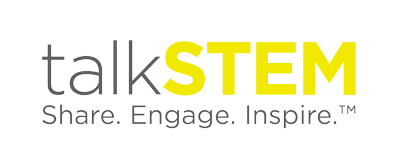
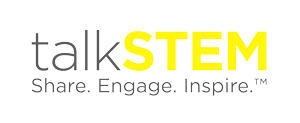
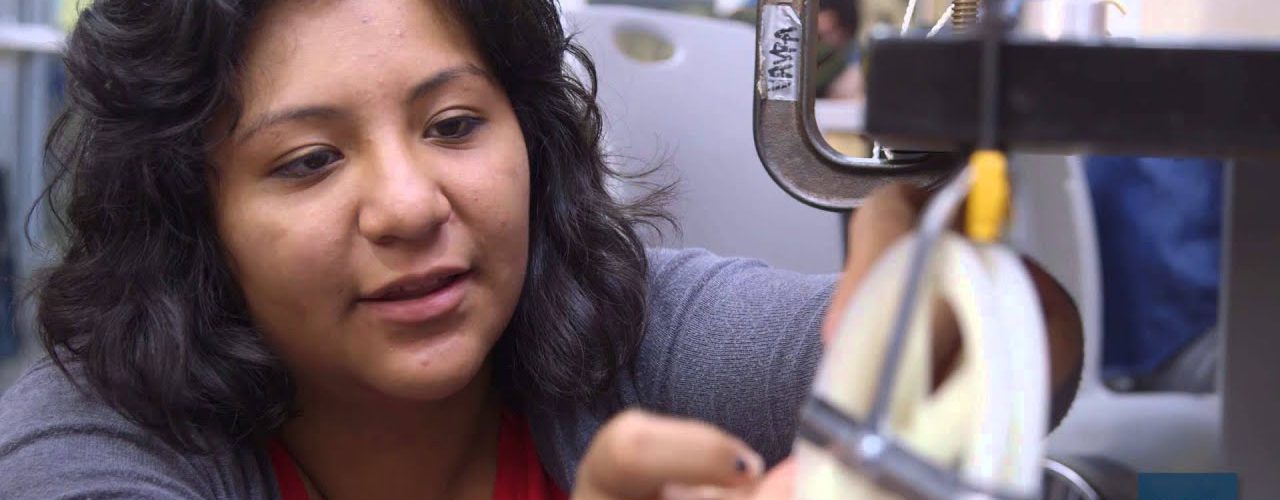

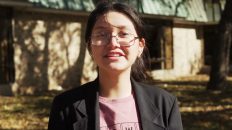
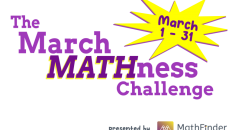


Add comment